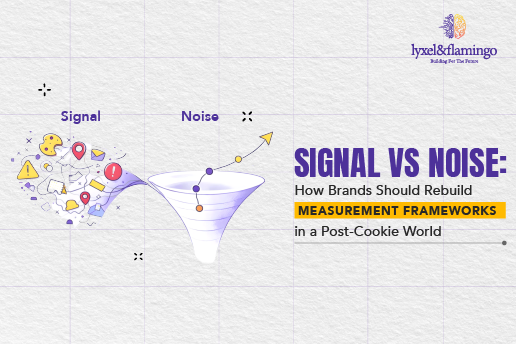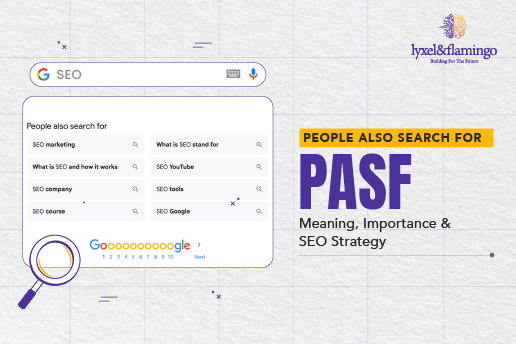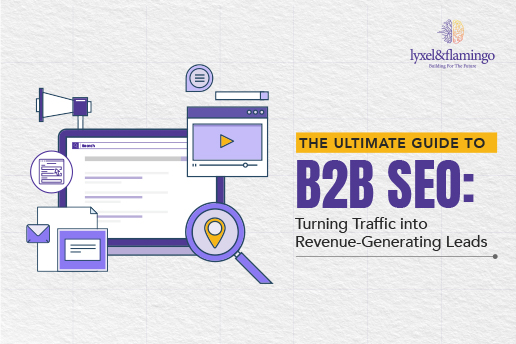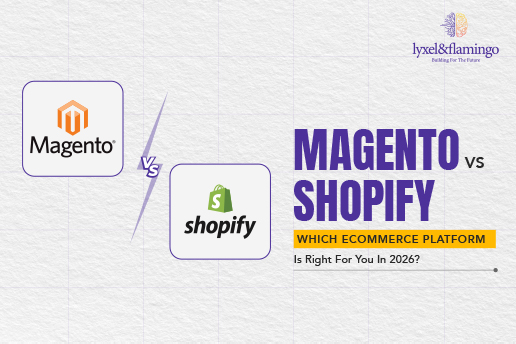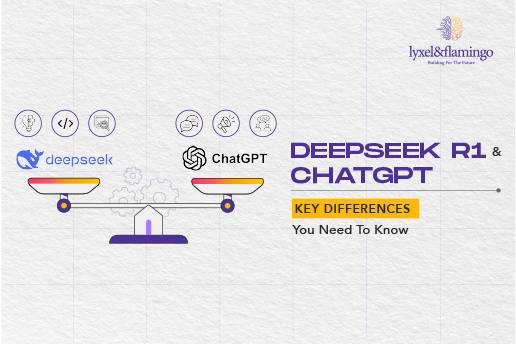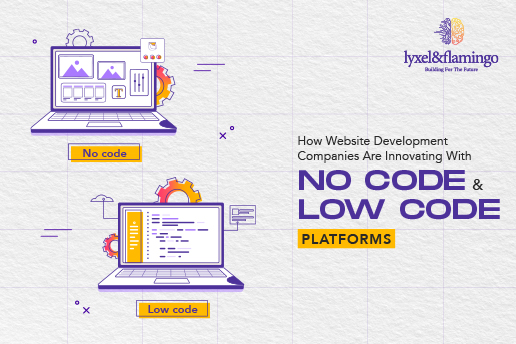Direct-to-consumer (D2C) websites are redefining how enterprise brands connect with their customers. By cutting out intermediaries, brands can establish direct relationships, maintain control over their narrative, and create personalised experiences for their audiences.
Want to know a bit more about the D2C website? Lyxel&Flamingo, a prominent web design and development agency brings a guide. Let’s explore the benefits of a D2C website, essential features, must have integrations, and actionable steps to get started.
Why Should Enterprise Brands Invest in a D2C Website?
For enterprise brands, a D2C website is more than just a sales channel. It’s a platform for building deeper connections, gaining valuable customer insights, and driving profitability.
Here are the benefits of investing in a D2C website in today’s competitive landscape:
- Brand Control and Consistency
A D2C website empowers brands to own their narrative, from visuals to messaging. Without third-party retailers diluting your vision, you can ensure a consistent brand experience across all customer touchpoints.
- Customer Data and Personalization
D2C platforms give direct access to customer data, enabling brands to understand buyer behavior, preferences, and trends. This data fuels personalised marketing strategies, boosting engagement and loyalty.
- Higher Profit Margins
By eliminating the middleman, brands retain a larger share of profits. Coupled with cost-saving digital marketing strategies, D2C websites make for a lucrative revenue stream.
- Better Customer Relationships
Direct interactions help brands foster trust and loyalty. Whether through tailored product recommendations or responsive support, D2C websites put customers at the heart of your strategy.
A D2C website is a powerful tool for enterprise brands seeking autonomy, profitability, and meaningful customer relationships. The question isn’t if you should invest—it’s about when you can invest.
Platforms to Build a D2C Website
Choosing the correct platform is a must for a successful D2C website. Each platform offers unique advantages tailored to every business need.
Let’s take a look at some of the best options for D2C website design and development:
- Shopify/Shopify Plus
Ideal for scalability, Shopify and Shopify Plus provide robust features, seamless integrations, and unparalleled ease of use. Enterprise brands benefit from advanced analytics, marketing tools, and global scalability.
- WooCommerce
Built on WordPress, WooCommerce offers flexibility and customization for brands seeking a tailored solution. Its extensive plugin ecosystem makes it a great choice for niche requirements.
- BigCommerce
With built-in SEO tools and enterprise-grade features, BigCommerce supports brands in delivering high-performance, scalable D2C e-commerce experiences.
- Magento (Adobe Commerce)
Known for its flexibility and robustness, Magento works best for enterprise-level customisation and advanced integrations.
Selecting the correct platform depends on your brand’s goals, technical capabilities, and budget. Evaluate each option carefully to ensure a solid foundation for your D2C journey.
Key Features Every D2C Website Must Have
A successful D2C website is more than a storefront. It’s an immersive experience that attracts, engages, and retains customers.
Here are the must-have features that define a winning D2C platform.
- User Friendly Navigation
An intuitive layout ensures customers can easily find what they’re looking for, improving engagement and reducing bounce rates.
- Mobile Optimization
With the majority of online traffic coming from mobile devices, responsive design is non-negotiable.
- Personalization Tools
Dynamic content, AI-driven recommendations, and customer-specific discounts create a tailored shopping experience.
- Secure Payment Options
Multiple payment gateways, SSL certification, and secure checkout processes build trust with customers.
- Robust Analytics Dashboard
Track key metrics like customer behavior, sales performance, and marketing ROI in real-time.
Integrating these features makes sure your D2C website is equipped to deliver seamless and engaging customer experiences.
Essential Third Party APIs and Tools for a Successful D2C Website
Enhancing functionality and efficiency requires integrating third-party tools into your D2C website. These integrations streamline operations and improve the customer experience.
1. Payment Gateways
- Stripe, Square, and PayPal for secure, fast transactions.
2. CRM Systems
- A CRM system manages customer interactions and improves customer retention. Salesforce and HubSpot are the best CRM systems for managing customer relationships effectively.
3. Marketing Automation Tools
- Utilize tools like Google Analytics, HubSpot, Mailchimp, and Klaviyo to track website performance and customer behavior.
4. Inventory Management
- TradeGecko or Zoho Inventory gives real-time stock updates and supply chain management.
The right integrations transform your D2C website into a powerhouse of efficiency and customer engagement, ensuring your operations are streamlined and scalable.
Steps to Launching a D2C Website for Enterprise Brands
Launching a D2C website requires strategic planning, collaboration, and attention to detail. Here’s a step by step roadmap to get you started:
- Define Your Goals
Clarify what you want to achieve whether it’s brand visibility, revenue growth, or improved customer engagement.
- Choose Your Platform
Select the platform that aligns with your business needs and growth objectives.
- Design and Develop Your Site
Collaborate with experts to create a visually appealing, user-friendly, and responsive website.
- Integrate Essential Tools
Incorporate third-party APIs and tools to improve functionality and customer experience.
- Test and Optimise
Conduct rigorous testing to ensure your website is bug-free and optimised for performance.
Launching a D2C website is a transformative step for enterprise brands, offering an unparalleled opportunity to connect directly with customers and drive business growth.
By following these steps, enterprise brands can confidently launch a D2C website that meets customer needs and drives business growth.
Create Your D2C Website Design And Development Successfully
With a strategic approach and attention to detail, your D2C website can become a powerful channel for building brand loyalty, increasing revenue, and staying ahead in the competitive market.
Building a D2C website can be a game changer for your brand. However, it requires expertise to get it right. Lyxel&Flamingo specializes in offering website design and development services tailored to your unique goals.
From selecting the right platform to integrating cutting-edge tools and creating a seamless user experience, we are here to guide you at every step of your D2C journey.
Take the first step toward your D2C website design and development success. Contact us today for a consultation and create a platform that transforms your business.
